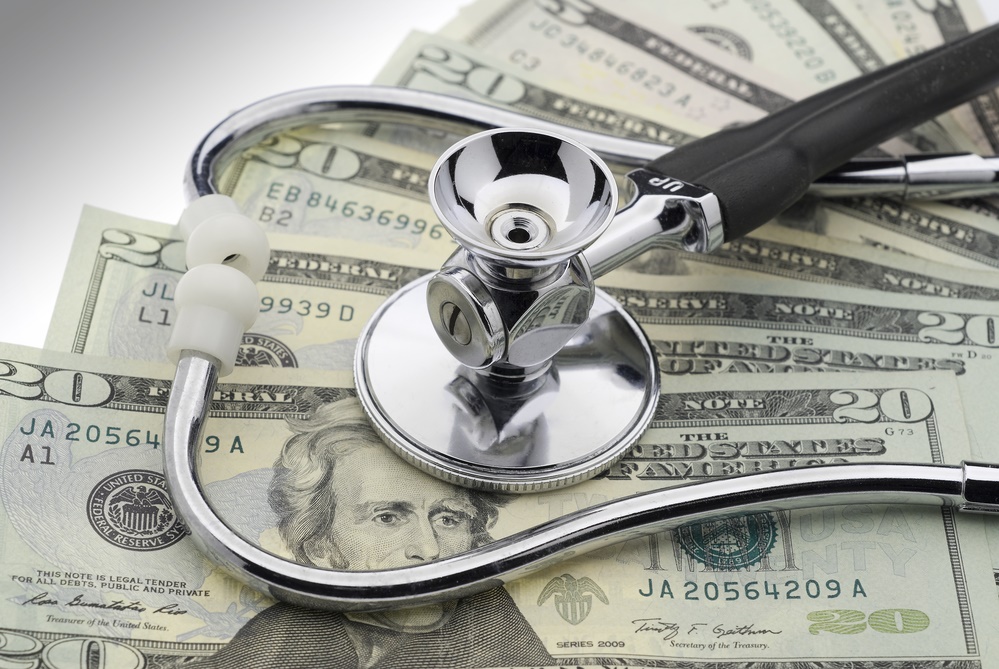
The DFW Hospital Council posts guest blogs by our Associate Members. The following was provided by Southwest Consulting Associates.
By Kyle Pennington, Client Relations Manager at Southwest Consulting Associates
In its FY 2019 IPPS final rulemaking published August 2, 2018, the Centers for Medicare & Medicaid Services (CMS) continued the transition of utilizing charity care and bad debt costs reported on Medicare Cost Report Worksheet S-10 to calculate qualifying hospitals’ Federal Uncompensated Care reimbursement.
CMS also advanced the time period of the S-10 data used in FY 2018 by one year to further phase-out the low-income days proxy by using two fiscal years of S-10 cost report data to calculate UC Factor 3:
● FY 2013 low-income insured days and FY 2016 SSI data;
● FY 2014 uncompensated care cost per Worksheet S-10;
● FY 2015 uncompensated care cost per Worksheet S-10.
INAUGURAL AUDITS OF S-10 DATA
The Uncompensated Care pool reimbursement payment is viewed as a zero-sum game, with one hospital’s reimbursement gain through the program becoming another hospital’s loss. While Worksheet S-10 has been used for UC reimbursement purposes for only a short time, audits of the S-10 data to ensure its accuracy and consistency have been a high priority for hospital providers.
In its 2019 final rulemaking, CMS stated that, due to the overwhelming feedback from commenters emphasizing the importance of audits, they would begin the inaugural audits in fall 2018.
Hospitals nationwide have since received requests from Medicare Administrative Contractors (MACs) to provide data and detailed explanations supporting the charity care and bad debt data reported on their FY 2015 Medicare cost report Worksheet S-10.
In many cases, the hospitals selected for audit were given a very short time-frame of two weeks to respond to the MAC’s initial questions and requests for data, which were very extensive and generally included 18 required items.
Requests from MACs include: 1) a copy of the hospital’s charity care policy and/or financial assistance policy (for both uninsured and insured patients), along with an explanation of how hospital personnel determine insurance status and charity care write-offs, 2) patient-detailed charity care and bad debt listings that tie to the cost report, and these patient listings require hospitals to comprise approximately twenty data elements including name, dates of service, DOB, SSN, gender, and write-off date, as well as revenue codes, payments received and contractual accounts for every transaction related to the stay, 3) a comparison of current year vs. prior year charity care charges from the hospitals’ audited financial statements with an explanation for any significant changes between the years, and 4) a two-part reconciliation of the bad debt write-offs from the financial accounting records to the bad debts reported on line 26 of Worksheet S-10.
Upon submission of the audit support, MACs began sampling the data, which generally included 40-60 patients covering four categories: Insured, Uninsured, Inpatient and Outpatient. The required sample support primarily consists of patient UBs, remittance advices, and even proof of income. And upon sample completion, MACs have presented hospitals with proposed adjustments and have provided only one-week response time, in most cases.
WHAT’S NEXT?
The prevailing thought, with regard to FY 2015 S-10 audits, is that MACs will likely complete their reviews in time for FY 2020 rulemaking this spring. There may be no avenue which allows hospitals the opportunity to appeal adverse findings for purposes of the UC calculation.
Hospitals should assume that any audit of S-10 data will be the only opportunity to have the correct S-10 data incorporated into the UC DSH calculation. And looking forward, hospitals should place an absolute premium on getting the correct S-10 data into the As-filed cost report.
S-10 programs should be top-of-mind for qualifying hospitals. FY 2016 S-10 data will presumably be used as part of the federal UC calculation starting with the 2020 UC payments.
CMS has made it very clear that hospitals have had sufficient time to review their UC data and processes, as well as to understand and implement cost report revisions as a result of Transmittal 11.
Further, hospitals who expect to participate in the Texas 1115 UC Waiver program should now prepare for the change to the new UC tool, which will utilize charity care charges from Worksheet S-10. This will start with the Texas UC Pool resizing using cost reports beginning in 2017.
In addition, CMS will require hospitals to submit a detailed listing of charity patients beginning with the FFY 2019 Medicare cost report, or the report will be rejected.
S-10 is here to stay, and it has significant reimbursement impacts for hospitals nationwide. It’s driving a nearly $8.3 billion federal reimbursement pool and an estimated $2.3 billion Texas state reimbursement pool.
Hospitals should make every effort to analyze their UC data, review their processes for collecting and maintaining the data, and most importantly at this time, take a deep-dive look at their charity and other financial assistance policies and ensure they conform to the program requirements.
ABOUT THE AUTHOR
Kyle Pennington is a Client Relations Manager with Southwest Consulting Associates where he currently focuses on the educational outreach efforts behind SCA’s Medicare DSH and Worksheet S-10 Uncompensated Care practice. Join Kyle during the Worksheet S-10: Key Points and Considerations for Calculating Hospital Uncompensated Care session at this year’s HFMA Texas State Conference where he will dive even deeper into Worksheet S-10 audits and share best practices for Worksheet S-10 completion. He can be reached at kpennington@southwestconsulting.net.
Southwest Consulting Associates – FY 2019 IPPS Final Rule
02/20/2019